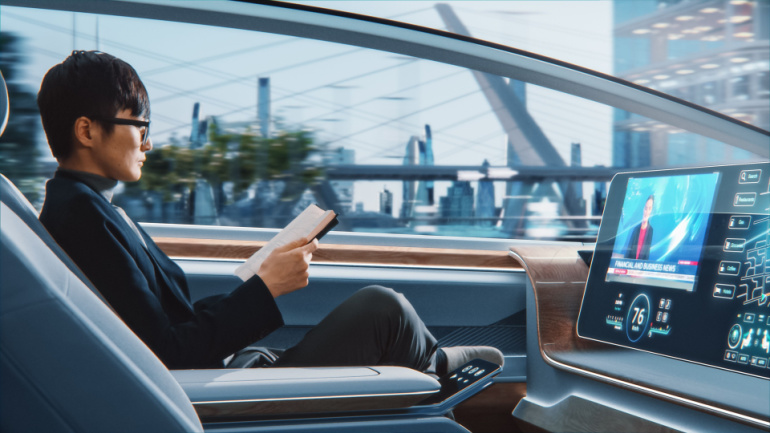A new collaboration between Samsung’s chip business and embedded software specialist Wind River aims to bring the utopia of cars receiving constant over-the-air software updates a step closer. The partnership will focus on a version of the Samsung Exynos system-on-chip specifically designed for automotive use, called the Auto V920.
The plan is to preinstall a range of Wind River software on these chips to create a comprehensive end-to-end solution. This will utilize Wind River’s Helix multi-OS virtualization platform, helping the solution to be compatible with as many cars and platforms as possible.
Avijit Sinha, Chief Product Officer at Wind River, highlighted the need for a new software-defined approach to design and develop high-performance compute systems tailored for connected, autonomous, and electric vehicles. He emphasized the potential for Samsung and Wind River’s collaboration to benefit from Wind River’s four decades of experience in developing safety-critical applications across various industries.
Hyeokman Kwon, VP of System LSI marketing at Samsung Electronics, also emphasized the role that their latest 5nm automotive processor, Exynos Auto V920, may play in offering powerful and intelligent performance for a new level of in-vehicle experience. The processor can run multiple applications on multiple VMs simultaneously while maintaining low power consumption, which addresses the industry’s demand.
Though the details of this joint venture are yet to be fully revealed, it is safe to say that the collaboration between major technology company Samsung and embedded software leader Wind River may have a significant impact on the software-defined car industry. Debate is ongoing about whether this is a future we should be aiming for, but the potential benefits of constant over-the-air software updates are too great to ignore.







